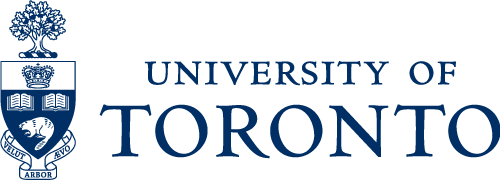News
The University of Toronto continues to expand its MOOC offerings in partnership with Coursera.
 Richard Florida leads The City and You:Find Your Best Place on Coursera. Understand what cities do, why they matter, the forces shaping the greatest wave of urbanization in history, and how to pick the right place for you.
Richard Florida leads The City and You:Find Your Best Place on Coursera. Understand what cities do, why they matter, the forces shaping the greatest wave of urbanization in history, and how to pick the right place for you.
The four part iOS App Development with Swift specialization is now complete. Over the course of the specialization learners master the Swift programming language to create a fully functional iOS app.
Steve Joordens offered a version of his Introduction to Psychology MOOC geared specifically for U of T’s Alumni between October – December 2015. This version of the course included material specifically for U of T Alumni. In particular,
Mid-term in-person event and closing panel (with concert with Steve’s band).
Additional material based on request from U of T alumni
Dedicated discussion boards and networking opportunities
All discussion moderators/TAs were U of T alum
Courses in Development
There are several new courses in development as well, including:
| Scott Ramsay | A Solid Course: Understanding Solids for Everyone |
| Don Boyes | Mapping the World with a GIS |
UofT Coursera Course List
For an example of what we are doing and what we have done, visit the University of Toronto page on Coursera or
browse through our previous Courera offerings below.
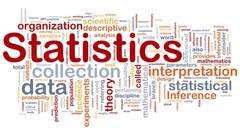 |
 |
 |
| Statistics: Making Sense of Data Alison Gibbs and Jeffrey RosenthalThis course provided an introduction to the key ideas and principles of the collection, display, and analysis of data to guide the user in making valid and appropriate conclusions about the world. |
Learn to Program: The Fundamentals Paul Gries and Jennifer CampbellThis course introduces students to the fundamental building blocks of programming and teachesthem how to write fun and useful programs using the Python language. |
Learn to Program: Crafting Quality Code Paul Gries and Jennifer CampbellIn this continuation of their Learning to Program: Fundamentals MOOC students design, code and validate their programs and learn how to compare programs that are addressing the same task. |
 |
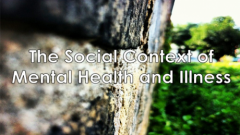 |
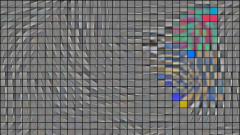 |
| Aboriginal World Views Jean-Paul RestouleIntended for both Aboriginal and non-Aboriginal leaners, this course explores indigenous ways of knowing and how this knowledge can inform education to the benefit of all students. |
The Social Context of Mental Health and Illness Charmaine WilliamsStudents learn how social factors promote mental health, influence the onset and course of mental illness, and affect how mental illnesses are diagnosed and treated. |
Neural Network for Machine Learning Geoffrey HintonLearn about artificial neural networks and how they’re being used for machine learning, as applied to speech and object recognition, image segmentation, modeling language and human motion, etc |
 |
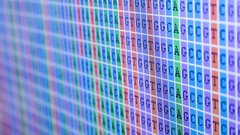 |
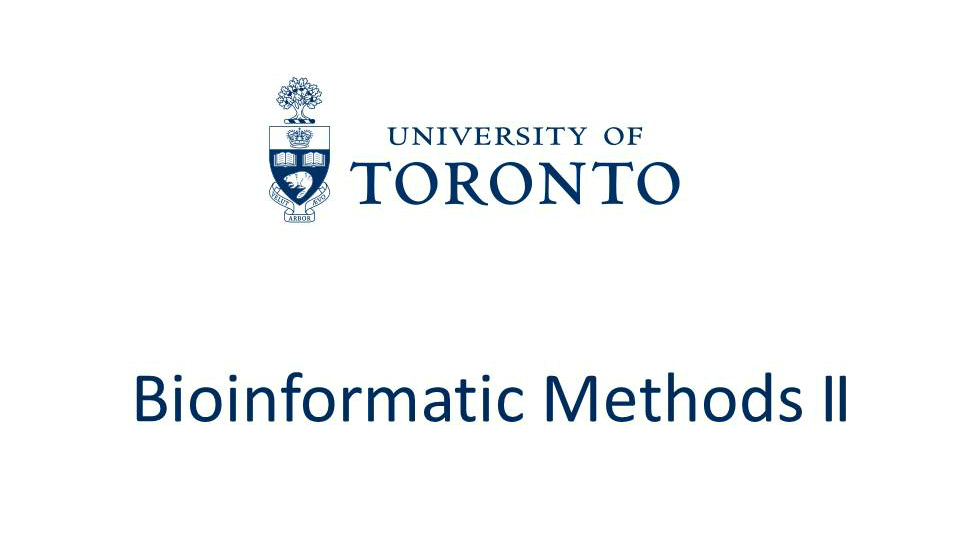 |
| Introduction to Psychology Steve JoordensThis course highlights the most interesting experiments within the field of psychology, discussing the implications of those studies for our understanding of the human mind and human behavior. |
Bioinformatic Methods I Nicholas ProvartThis course focuses on employing existing bioinformatic resources – mainly web-based programs and databases – to access the wealth of data to answer questions relevant to the average biologist, and is highly hands-on. |
Bioinformatic Methods II Nicholas ProvartThis course continues employing existing bioinformatic resources – mainly web-based programs and databases – to access the wealth of data to answer questions relevant to the average biologist, and is highly hands-on. |
